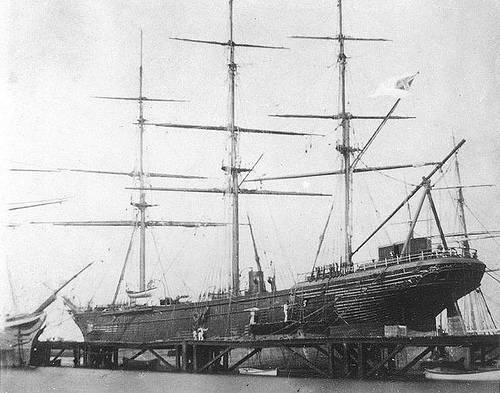The initials SPQR appear everywhere in Rome — they were emblazoned on the standards of the Roman legions, and they appear today in the city’s coat of arms. The only trouble is that no one knows what they stand for. Historians think it’s probably one of these mottoes:
- Senatus Populus Quiritium Romanus (“The senate and the citizens’ Roman people”)
- Senatus Populusque Quiritium Romanorum (“The senate and people of the Roman citizens”)
- Senatus Populusque Romanus (“The senate and the Roman People”)
- Senatus Populusque Romae (“The senate and the people of Rome”)
But that hasn’t stopped everyone else from making suggestions:
- Sono Pazzi Questi Romani (“These Romans are crazy.”)
- Sono Porci Questi Romani (“Those Romans are pigs.”)
- Solo Pago Quando Ricevo (“I will pay when I get paid.”)
- Soli Preti Qui Regnano (“Only priests rule here.”)
Supposedly Pope John XXIII noted that SPQR backward reads RQPS, which he suggested meant “Rideo Quia Papa Sum” — “I laugh, because I am the Pope.”



